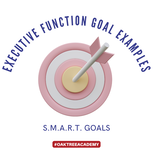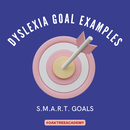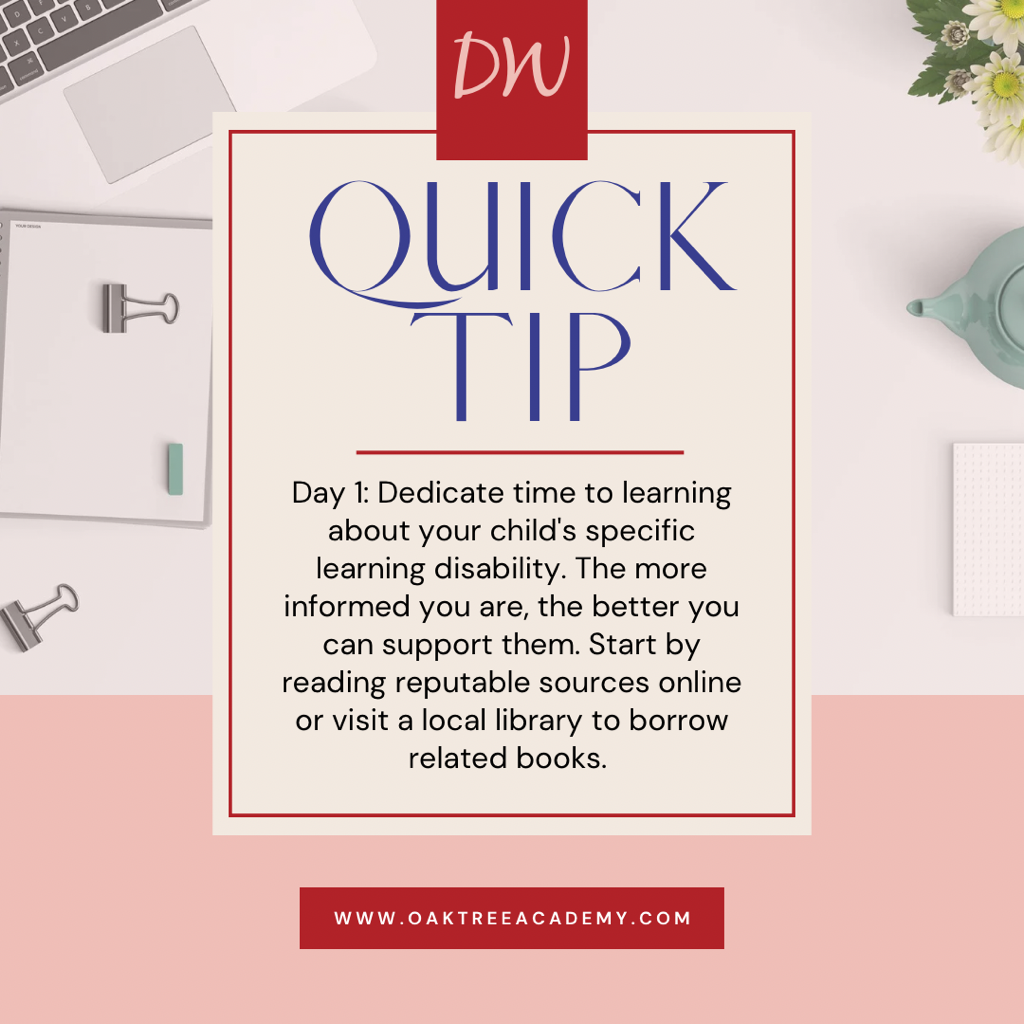 As you sit across from the educators and specialists, the conversation sways to the academic future of your child with special needs. The terms and acronyms fly thick and fast, and despite your diligence, the dialogue can seem enigmatic, creating a mix of hope and anxiety within you. It’s clear an Individualized Education Plan (IEP) is pivotal for success. Yet, comprehending the inner workings and legislation that frame such a plan is no small feat. Crafting an effective IEP requires meticulous care, a deep understanding of your child’s needs, and a robust collaboration with education professionals. Rest assured, you are not traversing this path alone. This guide serves as a beacon, illuminating the process to ensure that your child's IEP is not just a document but a dynamic blueprint for educational and developmental growth.
0 Comments
This article provides an overview of the challenges faced by parents in exercising their rights under IDEA, including lack of information, communication barriers with school districts, and limited resources, as well as strategies for overcoming these challenges and understanding stay put rights and dispute resolution processes. Photo by Susan Q Yin on Unsplash Photo by Susan Q Yin on Unsplash Overview of Parental Rights under IDEA The rights granted to parents under the Individuals with Disabilities Education Act (IDEA) play a vital role in ensuring that children with disabilities receive the appropriate support and services. Parents have the right to actively participate in meetings related to their child's education, such as IEP meetings. This involvement allows them to contribute valuable insights into their child's unique needs, preferences, and strengths, which are essential in crafting an effective education plan tailored to the child's requirements. Additionally, parents hold the right to give or refuse consent for specific actions regarding their child's education, empowering them to make informed decisions that align with their child's best interests. Furthermore, parents are entitled to be fully informed about their child's education and to advocate for their child's needs within the special education process. For instance, they have the right to request and review their child's educational records, ensuring transparency and enabling them to actively monitor their child's progress. This access to information empowers parents to effectively collaborate with educators and specialists to address their child's unique learning challenges. It is crucial to recognize the substantial impact of parental involvement in special education, as research has consistently shown that when schools and families work together, student learning and outcomes notably improve. This underscores the essential role parents play in the holistic development and academic success of their children with disabilities, highlighting the significance of upholding and protecting their rights under IDEA. This article provides an overview of the key provisions of IDEA and highlights the importance of understanding parental rights for effective advocacy in the special education process. Photo by Susan Q Yin on Unsplash Photo by Susan Q Yin on Unsplash Understanding the Key Provisions of IDEA: Essential Provisions of IDEA The Individuals with Disabilities Education Act (IDEA) is a crucial federal law that ensures children with disabilities receive Free Appropriate Public Education (FAPE). This means that eligible children must receive special education and related services that meet their individual needs at no cost to their families. IDEA also guarantees procedural safeguards for parents and children with disabilities, including the right to participate in meetings, access to educational records, and dispute resolution options. Moreover, the act provides guidelines for the development, review, and revision of Individualized Education Programs (IEPs) to meet the unique needs of children with disabilities. Mastering IEP Data Collection: Strategies for Effective Progress Monitoring and Parent Reporting11/26/2023 This article explores strategies and best practices for collecting data for Individualized Education Program (IEP) goals and progress monitoring, including tips for effective data collection, involving stakeholders in the process, developing a progress monitoring plan, utilizing digital solutions, and reporting progress to parents. Photo by Element5 Digital on Unsplash Photo by Element5 Digital on Unsplash Understanding the Importance of IEP Data Collection An Individualized Education Program (IEP) is a personalized plan designed for students with disabilities, outlining their current performance levels, specific goals, resources, and strategies for implementation. IEP data collection is important in the IEP process and involves the IEP team, including teachers, school staff, specialists, district representatives, and parents. This tailored program is crucial for students with disabilities as it ensures that they receive the necessary support and accommodations to facilitate their learning and development. The IEP also plays a vital role in fostering a collaborative approach between educators, parents, and specialists to address the unique needs of each student with disabilities. Data collection is integral to the IEP process and progress monitoring, serving as a means to objectively monitor the student's progress, ensure the effectiveness of the support provided, and plan future interventions. It enables educators and the IEP team to track the student's advancements, identify areas that require additional attention, and make informed decisions based on concrete evidence. Moreover, data collection in the context of IEPs is essential for transparent and accurate reporting of the student's progress, contributing to the overall effectiveness of the educational support provided. Setting Specific, Measurable, Achievable, Relevant, and Time-bound (SMART) goals is fundamental for effective data collection and progress monitoring within IEPs. These goals provide a clear baseline for tracking data, allowing special education teachers to tailor their instruction and support according to the specific needs and abilities of the students with disabilities.  The Importance of Accountability You, my dear Watson, are not just a parent; you're a full-fledged detective on the case of your child's education. And you're in good company—Columbo, Miss Manners, and the IDEA (Individuals with Disabilities Education Act) are your trusty sidekicks. You see, holding a school accountable is much like a detective drama—exciting, nerve-wracking, and essential. The stakes? Ensuring your little Sherlock gets the education they deserve, complete with the support and resources that IDEA guarantees. The enemy? The vague and impersonal bureaucracy that sometimes seems designed to make life difficult for you and your child. But don't let the cloak and dagger intimidate you; accountability is your superpower!  Discover five essential goals aimed at enhancing a student's academic journey and personal development. These objectives focus on improving task initiation, working memory, self-monitoring skills, organizational abilities, and emotional regulation. Explore the detailed plan to support the student's progress and ensure a brighter future.  Setting S.M.A.R.T goals, which stand for Specific, Measurable, Achievable, Relevant, and Time-bound, is a fundamental strategy in crafting effective Individualized Education Plans (IEPs) for students with learning differences such as dyslexia. These goals are vital because they provide a clear and structured pathway to track a student's progress, enabling focused interventions and supports. By defining specific objectives and timelines, educators and support teams can tailor strategies that cater to a student's unique needs, promoting their academic and personal growth. Moreover, these well-defined goals facilitate better collaboration between families and educational teams, fostering a unified approach to nurturing the student's abilities and enhancing their learning experience. The ultimate aim is to foster a nurturing educational environment where students can thrive and achieve their full potential. ### Goal 1: Enhance Focus and Attention - **Objective 1.1:** Within the next 3 months, the student will successfully maintain attention on assigned tasks for a span of 20 minutes, measured through teacher observations and feedback during classroom activities. - **Objective 1.2:** Over the next 6 months, the student will independently utilize self-monitoring strategies, such as checklists or visual cues, to remain focused during individual work time in 4 out of 5 opportunities. ### Goal 2: Improve Organizational Skills - **Objective 2.1:** In the coming 3 months, the student will consistently use an organizational tool, such as a planner or an app, to track assignments and due dates, with accuracy assessed through regular checks of the tool. - **Objective 2.2:** Over the next 6 months, the student will maintain a neat personal workspace and keep track of belongings, with successful demonstration of this skill in 8 out of 10 observed instances. ### Goal 3: Enhance Social Interactions - **Objective 3.1:** Within 3 months, the student will engage in appropriate turn-taking behaviors in group activities, successfully demonstrating this skill in 4 out of 5 opportunities as noted by the teacher. - **Objective 3.2:** Over 6 months, the student will use appropriate strategies to join ongoing group activities or conversations successfully in 8 out of 10 attempts, monitored through teacher observations and feedback. ### Goal 4: Develop Emotional Regulation Skills - **Objective 4.1:** In the next 6 months, the student will identify and use two self-calming techniques when experiencing frustration, demonstrating the ability to use these techniques independently in 90% of opportunities. - **Objective 4.2:** Over the next 6 months, the student will express feelings and emotions appropriately, avoiding negative behaviors in 9 out of 10 instances, as observed by the teacher or counselor. ### Goal 5: Improve Handwriting and Fine Motor Skills - **Objective 5.1:** Over the next 3 months, the student will improve handwriting legibility through consistent use of strategies such as proper grip and slow and controlled writing in 4 out of 5 written assignments. - **Objective 5.2:** Within 6 months, the student will complete fine motor tasks (such as cutting, drawing, and writing) with increased accuracy and control in 8 out of 10 observed opportunities. Here are some helpful resources that can offer more in-depth information on various learning disabilities:
Books:
 Special education is a set of services that are provided to students with disabilities in order to help them learn and succeed in school. These services can include specialized instruction, accommodations, and modifications. Special education is provided at no cost to parents and is based on the individual needs of the student. There are many different types of disabilities that can qualify a student for special education services. Some of the most common disabilities include:
Here are some of the benefits of special education:
Special education can be a great resource for students with disabilities. If you think your child may need special education services, I encourage you to contact your school district and learn more about what is available. Special education is a vital resource for students with disabilities. By providing specialized instruction and support, special education can help students with disabilities succeed in school and in life. If you think your child may need special education services, I encourage you to contact your school district and learn more about what is available. |
OTA AuthorThe Oak Tree Academy mission is to improve the quality of life of people with language-based learning disabilities and their families by developing programs and disseminating knowledge based on current research. Archives
April 2024
Categories
All
|

 RSS Feed
RSS Feed